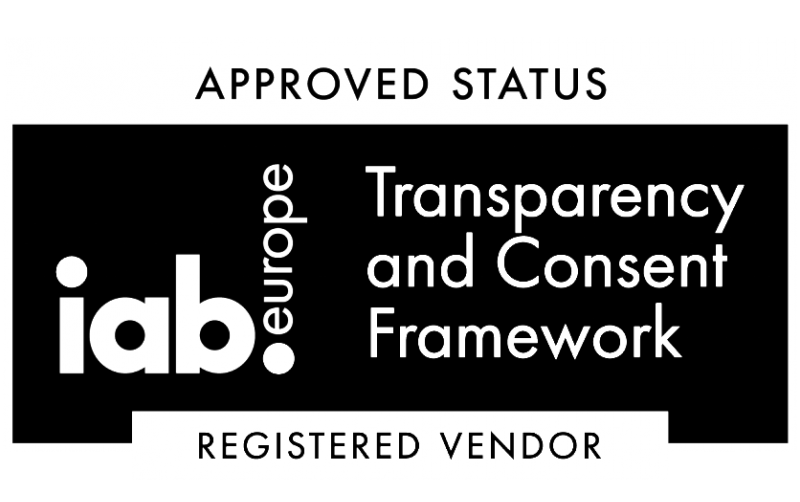EU AI Law: What You Need to Know

The European Union has made significant progress in regulating artificial intelligence (AI) with the proposal of a new law aimed at mitigating the risks associated with this technology. The law addresses crucial aspects such as health, safety, and the fundamental rights of European citizens, establishing a regulatory framework to ensure AI systems are developed and used safely and ethically.
At Telecoming, we are particularly interested in this regulation due to our extensive experience working with AI. Adopting advanced technologies like AI is seen as a key strategy for our company’s growth and innovation.
Level Classification
The regulation introduces a risk classification for AI systems, dividing them into four categories: unacceptable risk, high risk, limited risk, and minimal risk. This classification allows for differentiated regulation, focusing regulatory efforts on systems that represent greater dangers.
Unacceptable Risk: This category includes AI systems that are considered a threat to safety, fundamental rights, and privacy. An example is the use of real-time biometric identification systems in public spaces without explicit consent. These systems are completely banned under the new law.
High Risk: High-risk systems are those that can significantly impact people’s lives, such as those used in critical sectors (health, transport, education, etc.). These systems must meet strict requirements before being marketed or used, including rigorous evaluations, certifications, and risk management measures.
Limited Risk: For systems with limited risk, the law requires specific transparency measures. For example, AI applications that interact directly with users must clearly inform that they are using AI. This includes virtual assistants and chatbots, which must be recognizable as such by users.
Minimal Risk: Most current AI applications fall into this category. These systems present minimal risk and are therefore subject to fewer regulations. However, the law encourages voluntary best practices and self-regulation in this area.
A Closer Look
One of the cornerstones of the law is transparency. Developers and operators of AI systems must provide clear and understandable information about how their technologies work, including how automated decisions are made. Additionally, documentation and traceability requirements are established to ensure that AI systems can be effectively audited.
The law also reinforces citizens’ rights concerning AI. Individuals will have the right to receive explanations about automated decisions that significantly affect them and can challenge these decisions. Furthermore, the law guarantees the right not to be subject to decisions based solely on automated processing without meaningful human review.
Non-compliance with the law can result in severe economic sanctions, with fines reaching up to 6% of the offending company’s global annual turnover. The law also has extraterritorial applicability, meaning companies outside the EU wishing to operate in the European market must comply with these regulations.
While the law imposes significant restrictions, it also aims to foster innovation in the AI sector ethically and safely. The creation of regulatory sandboxes is anticipated, providing controlled environments where companies can test new technologies under the supervision of competent authorities. Innovation allows companies overcome all the barriers and challenges associated with digitalization. For Telecoming, AI along with other technological solutions play a crucial role in our future success.
Stay tuned!

- Contacto DPO: privacy@telecoming.com
- Finalidad del tratamiento: suscripción al blog.
- Legitimación del contrato: consentimiento.
- Destinatario de cesiones o transferencias: no se efectúan transferencias de datos fuera de la UE.
- Derechos de las personas interesadas: acceso, rectificación, supresión, oposición, limitación del tratamiento, portabilidad de los datos e interposición de reclamación ante la AEPD.



